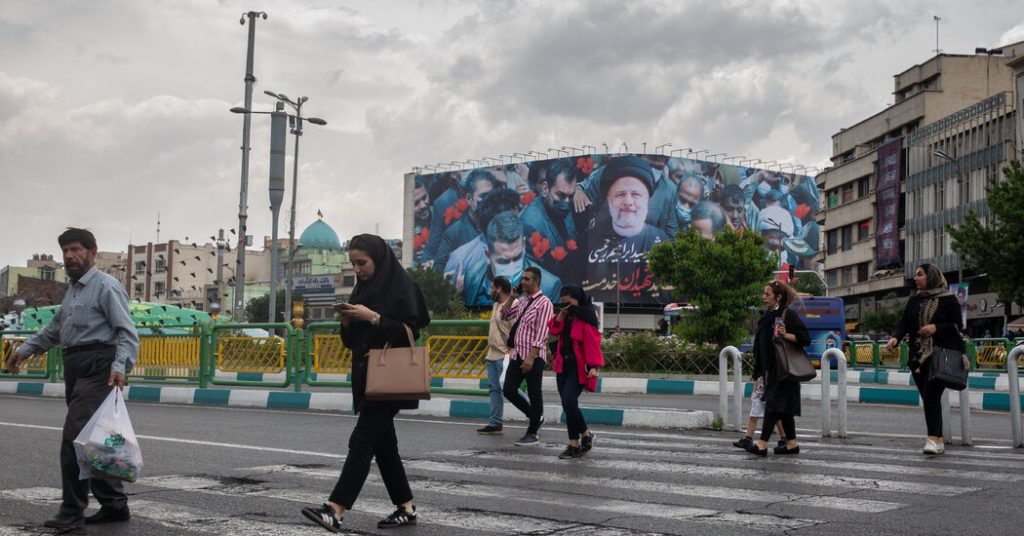Iran relies on heavily armed allied groups in the Middle East such as Hezbollah, the Houthis, militias in Iraq, and Hamas to project power beyond its borders despite strict economic sanctions. The Quds Force, a division of Iran’s Islamic Revolutionary Guard Corps, manages these groups and works closely with the Supreme Leader, Ayatollah Ali Khamenei. Following the deaths of President Ebrahim Raisi and Foreign Minister Hossein Amir Abdollahian in a helicopter crash, analysts believe there won’t be significant changes in the groups’ activities or Iran’s overall approach to their operations. Actions such as recent skirmishes between Hezbollah and the Israeli military suggest that Iran’s allies are signaling that it is business as usual even in the midst of uncertainty.
In Iran, a change in supreme leaders would be monumental, whereas a change in presidents is more manageable. The public handling of President Raisi’s death is seen as an indication of how Iran will handle the eventual succession of Ayatollah Khamenei. As the Quds Force manages the militias and supplies them with resources, there is little expectation of dramatic shifts in their relations. The focus for Iran during this period of vulnerability will be on projecting stability to prevent any perceived weakness that could be exploited by enemies.
While Washington and Tehran are seeking to avoid direct armed conflict, Iran’s proxy groups in the Middle East, known as the Axis of Resistance, have continued to carry out attacks across the region. The ongoing violence poses risks of miscalculation that could lead to retaliatory cycles. Despite past incidents of tension, both the United States and Iran have shown restraint in escalating situations. The ability of the Iran-allied groups to operate independently and engage in daily attacks across a wide region represents a persistent challenge for regional stability.
The death of Foreign Minister Amir Abdollahian, who played a key role in maintaining relationships with armed groups in the Middle East, may impact Iran’s ability to exert influence over these factions. While General Qassim Suleimani previously held this role until his assassination in 2020, his successor, Esmail Qaani, has a lower profile and lacks fluency in Arabic. As a result, Mr. Amir Abdollahian was instrumental in communicating with the groups and their diplomat partners. His absence may lead to uncertainties regarding Iran’s control over these factions, which are already regarded as challenging to manage.
The Iran-allied groups within the Axis of Resistance have displayed an ability to disrupt and engage in conflict almost daily across a broad geographic area. Through attacks such as launching drones, missiles, and rockets, these groups have demonstrated their willingness to challenge regional security. Iran’s strategy of operating through proxies allows it to assert power while avoiding direct involvement in some conflicts. Any attempts to retaliate against these groups could result in escalation with serious implications for regional stability.
Despite the uncertainty surrounding the political succession in Iran, it is unlikely to significantly impact the activities of the armed groups operating in the Middle East. The ongoing conflict dynamics, especially between Iran’s proxies and regional adversaries, pose risks of inadvertent escalation. The absence of key figures like Foreign Minister Amir Abdollahian may complicate Iran’s relationships with its allied groups. Moving forward, Iran will need to navigate internal instability while managing external pressures to ensure its continued influence in the region.


